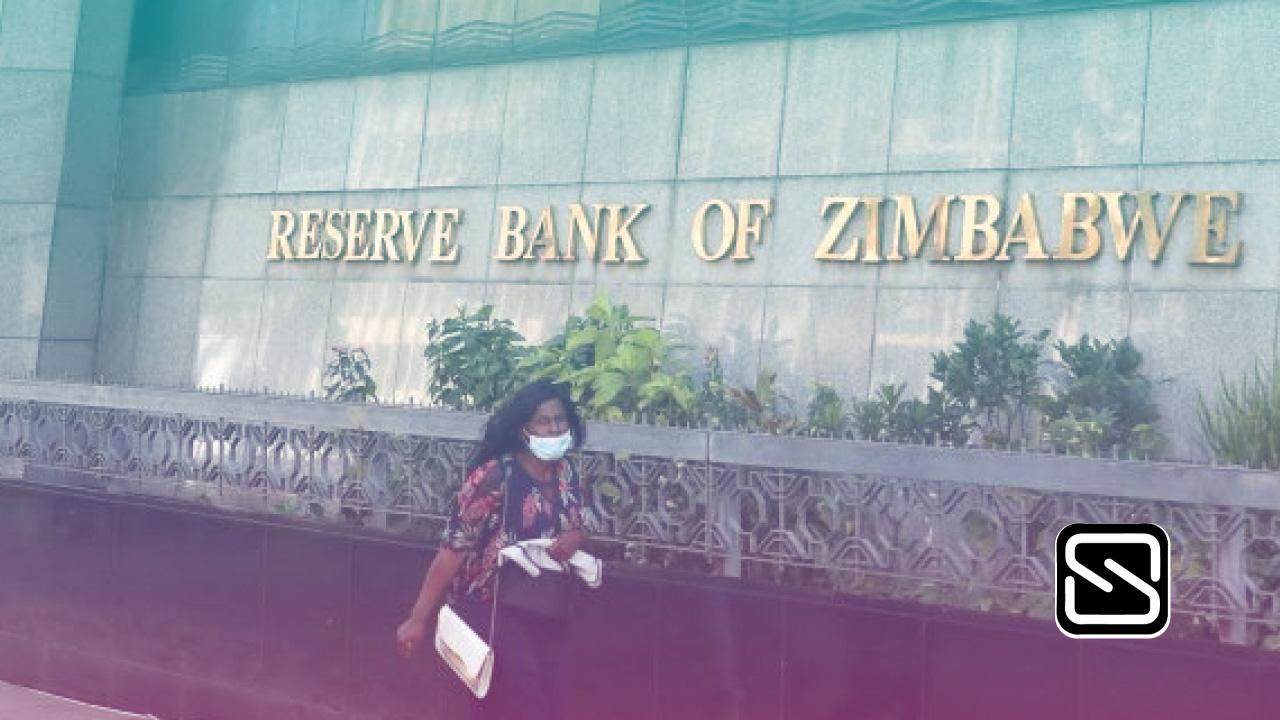Zimbabwe Central Bank Begins Gold-Backed Digital Currency Dry Run
The Reserve Bank of Zimbabwe has commenced trials, or the dry run test, for the viability of launching a gold-backed digital currency.
By Staff
The Reserve Bank of Zimbabwe (RBZ) has taken a significant step towards stabilizing the country’s local currency by initiating a “dry run” to test the feasibility of introducing a gold-backed digital currency for peer-to-peer transactions. The move aims to provide an alternative means of payment that will be accepted as legal tender.
This latest development follows the recent announcement by RBZ of its plans to launch a peer-to-peer platform, enabling holders of digital gold tokens to trade them. The governor of RBZ, John Mangudya, has previously expressed the belief that these gold-backed tokens will help alleviate Zimbabwe’s dependence on foreign currencies, such as the US dollar.
Nelson Mupunga, the Director of Economic Research and Policy Implementation for RBZ, emphasized that digital currency will serve as an alternative to both the struggling local currency and foreign currencies. Mupunga stated, “We are currently in an advanced testing stage. Soon, we will allow the gold digital token to be used for transactions, similar to purchasing foreign currency from the parallel market. However, it can also be used for regular transactions. Therefore, the token will serve a dual function.”
The decision to introduce a gold-backed digital currency stems from the observation of Zimbabwean residents frequently resorting to the US dollar as a store of value due to the instability of the local currency. With the new gold-backed digital tokens, residents will have the opportunity to store value in a more stable asset, reducing their reliance on foreign currencies.
By introducing a gold-backed digital currency, the RBZ aims to create a more robust and secure financial ecosystem. This initiative not only demonstrates the central bank’s commitment to stabilizing the local economy but also showcases its willingness to adopt innovative solutions to address ongoing challenges.
As the RBZ progresses with its testing phase, Zimbabwe’s adoption of a gold-backed digital currency holds the potential to shape the future of transactions within the country. By providing a reliable and secure alternative to traditional currencies, this digital token has the capacity to foster economic growth and restore confidence in the local financial system.
Zimbabwe’s pursuit of a gold-backed digital currency is a noteworthy development that underscores the country’s determination to explore new avenues for financial stability. As the pilot phase continues and the digital currency gains traction, it will be interesting to witness the impact it has on the Zimbabwean economy and its potential implications for similar initiatives worldwide.
